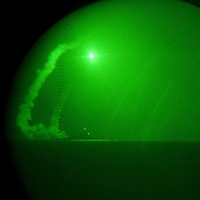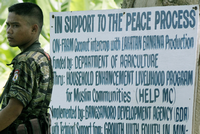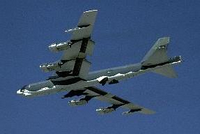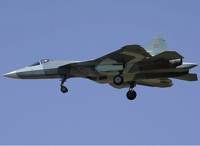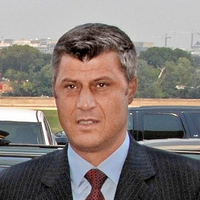
WPR is taking a hiatus from publishing this week, as we do every August. Our briefings, columns, interviews and other series will return Tuesday, Sept. 6. While we’re gone, we thought we’d leave you with a few key articles from our archives that should help you better understand current issues and events. Syria is Turkey’s Litmus Test in the New Middle East The Turks have not been so actively involved in the Middle East since the days of the Ottoman Empire. But Turkey’s leaders have found it difficult to balance the region’s competing interests while staying above the fray. With […]

